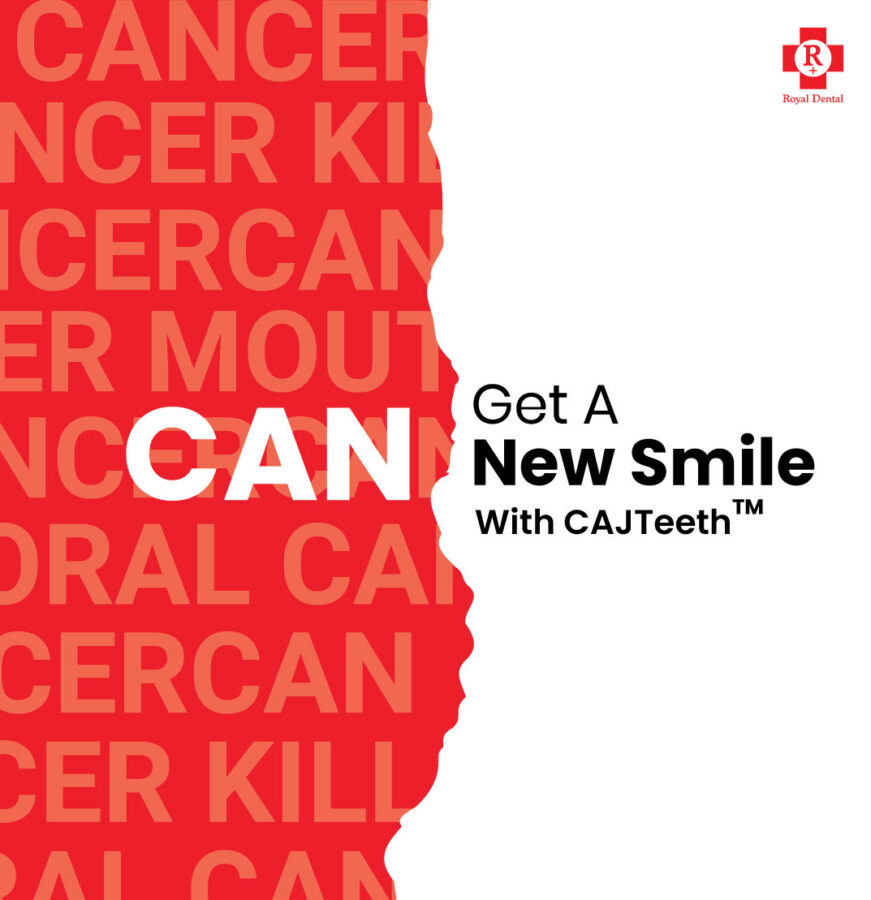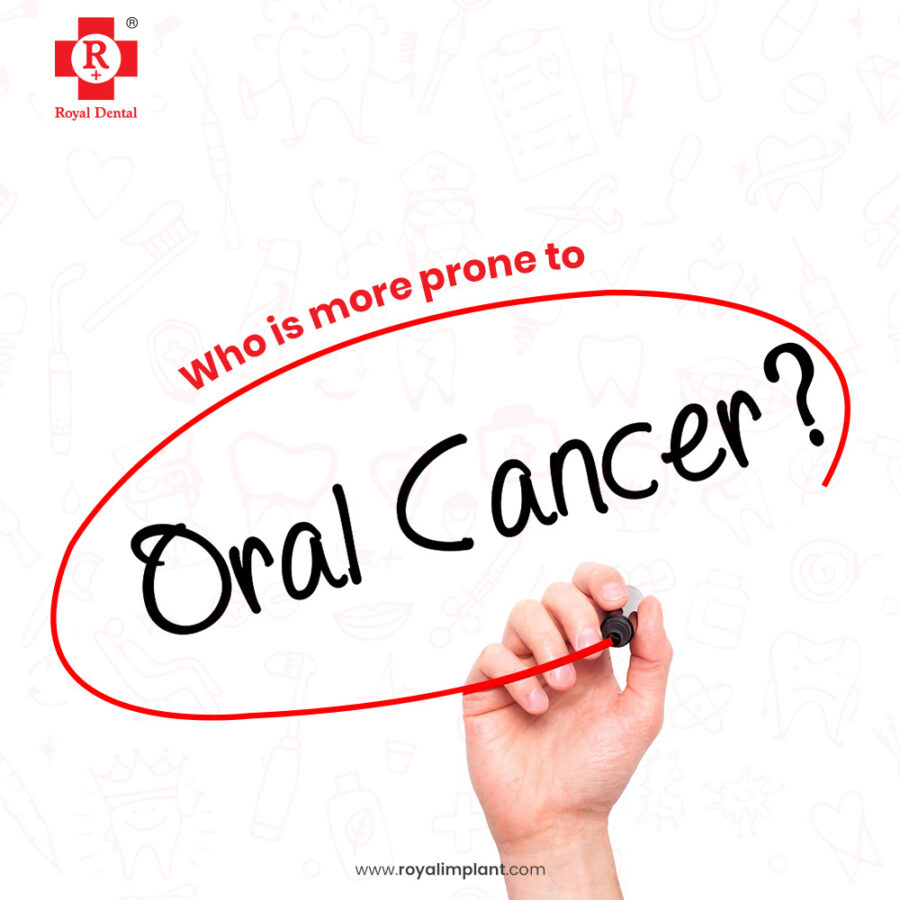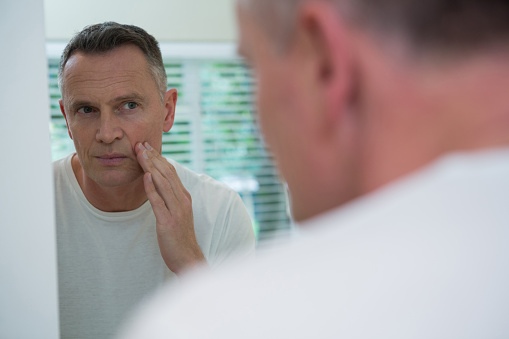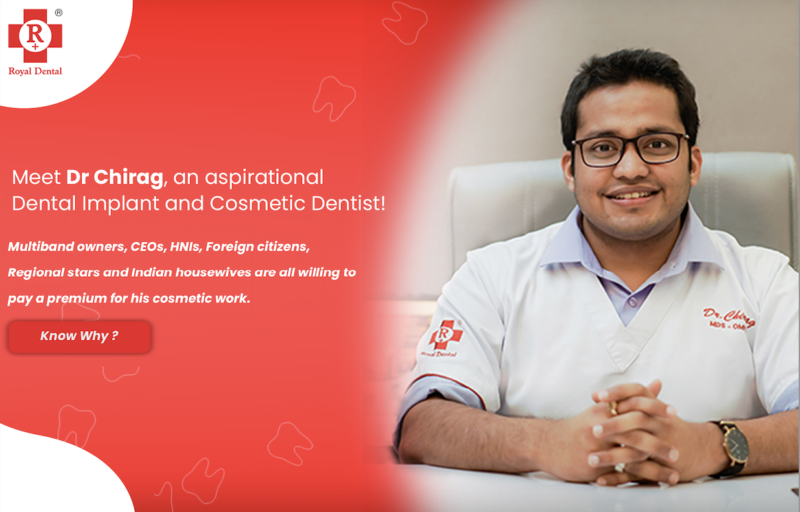Oral cancer is a serious condition that affects millions of people worldwide. Recognizing the symptoms and seeking early diagnosis is crucial in increasing the chances of successful treatment. In this informative article, we have teamed up with renowned dentist Dr. Chirag Chamria to provide expert advice on understanding the symptoms of oral cancer. With years of experience in the field, Dr. Chamria brings a wealth of knowledge and insights that can help individuals identify potential signs of oral cancer. From persistent mouth sores to unexplained bleeding, Dr. Chamria shares valuable information on what to look out for and when to seek professional help. Whether you have concerns about your own oral health or want to educate yourself and others, this article offers a comprehensive guide to understanding oral cancer symptoms, empowering you to take control of your oral health.
Signs and symptoms of Oral Cancer on health
Painless Masses
Imagine a garden with unassuming blooms that hide the beauty within. Similarly, painless lumps or growths in the mouth could be camouflaging a grave reality. Dr. Chamria educates us that these unsuspecting masses, often felt on the lips, gums, or even inside the cheeks, could be a sign of oral cancer’s quiet infiltration.
Altered Sensations
Our mouth is a sensory landscape that grants us the joys of taste and touch. Yet, when numbness or tingling sensations emerge, Dr. Chamria advises us to be attentive. These altered sensations, often affecting the lips, tongue, or other parts of the oral cavity, might be the footprints of oral cancer encroaching upon our sensory realm.

Unexplained Bleeding
Red is a color that attracts attention, and when it presents itself unexpectedly, it’s hard to ignore. Dr. Chamria cautions us that unexplained bleeding from the mouth—whether from the gums, tongue, or any other area—could be a scarlet warning of oral cancer’s presence. This overt sign demands our vigilant observation and timely action.
Persistent Mouth Sores
Imagine a puzzle with missing pieces, the solution incomplete. Similarly, persistent mouth sores that defy the soothing touch of time might be more than just a mere annoyance. Dr. Chamria unveils that these enigmatic sores, refusing to fade away after two weeks, could be an early sign of oral cancer. While they might masquerade as benign entities, they could be the first whispers of an impending storm.
Unintended Weight Loss
Weight loss is often a celebrated journey, but when it occurs without intention, it becomes a puzzle to solve. Dr. Chamria underscores that unexplained and unintended weight loss could be a manifestation of oral cancer. The disease’s impact on our ability to eat comfortably might lead to shedding pounds unknowingly, making this a nuanced symptom that warrants investigation.

Difficulty in Swallowing or Chewing
In the symposium of daily activities, swallowing and chewing are often overlooked players. Yet, if they stage a rebellion, refusing to comply with their roles, it could signal a larger issue. Dr. Chamria underscores that persistent difficulty in swallowing or chewing, often accompanied by a sensation of something caught in the throat, might be the masked performance of oral cancer.
Unexplained Hoarseness or Change in Voice
Our vocal cords are a delicate symphony of harmony, orchestrating the tunes of our conversations. However, if you notice an unexplained hoarseness or a sudden change in your voice’s timbre, it’s time to lend an ear to the cry for attention. Dr. Chamria informs us that these changes could be a subtle but significant hint of underlying oral cancer, urging us to heed its message.
Common risk factors for Oral Cancer
Cancer can affect anyone, but certain factors can increase the risk. Understanding these risk factors can help individuals take proactive steps in maintaining their oral health. Smoking and tobacco use, including cigarettes, cigars, and chewing tobacco, are major risk factors for cancer. Alcohol consumption, especially heavy and prolonged use, is another significant risk factor. Additionally, exposure to the human papillomavirus (HPV) is a growing concern and can increase the risk of developing it. Other risk factors include a family history of it, poor oral hygiene, a diet lacking in fruits and vegetables, and prolonged sun exposure to the lips.
Importance of early detection and diagnosis
Early detection of oral cancer significantly increases the chances of successful treatment and improved outcomes. Regular dental check-ups play a crucial role in the early detection of oral cancer, as dentists are trained to identify potential signs and symptoms. During a routine dental examination, the dentist will thoroughly examine the mouth, throat, and neck for any abnormalities or suspicious lesions. They may also perform additional tests, such as a biopsy or imaging, to confirm the presence of oral cancer.
In cases where oral cancer is detected early, treatment options are generally less invasive and have a higher success rate. Early intervention can help prevent the spread of cancer cells to other parts of the body, improving the prognosis and overall quality of life for patients. Therefore, it is essential not to ignore any potential signs or symptoms and to seek professional help promptly.
Expert advice from dentist Dr. Chirag Chamria on Oral Cancer
Dr. Chirag Chamria is a Certified Oral and Maxillofacial Surgeon with extensive training in zygomatic implants, cosmetic dentistry, orthognathic surgery, full mouth and oral cancer rehabilitation. Royal Health Care Pvt Ltd is honored to have Dr. Chirag as the Director & Maxillofacial Surgeon on board. As a Dental Surgeon, he is currently an attending Doctor at Royal Dental Clinics practising Oncology, Facial Aesthetics and Cosmetic Dentistry.
Dr. Chirag has completed his advanced studies in “Cancer Surgery” from University Medical Centre of Netherlands, Europe. His further progress concentrates in “Salivary Organ Sialography” from University of Switzerland at Geneva. Dr. Chirag Chamria is a Specialist in surgical planning of most cases related to Oral and Maxillofacial surgery and Dentistry.
Dr. Chamria advises that any persistent mouth sores, unexplained bleeding or swelling, or other suspicious changes in the mouth should be evaluated by a dental professional. He also highlights the significance of HPV vaccination in reducing the risk of it, particularly in young individuals. Moreover, he stresses the importance of a well-balanced diet rich in fruits and vegetables, as nutrition plays a crucial role in maintaining oral health and preventing the development of oral cancer.
Preventive Measures for Oral Cancer
- Kick the Habit: Avoid all forms of tobacco, including smoking and smokeless products.
- Moderate Alcohol: Limit alcohol consumption to lower the risk of oral cancer.
- Sun Protection: Use lip balm with SPF to shield your lips from harmful UV rays.
- Healthy Diet: Maintain a balanced diet rich in fruits, vegetables, and whole grains.
- Oral Hygiene: Practice regular brushing, flossing, and dental check-ups.
- Vaccination: Consider HPV vaccination for added protection against certain oral cancers.
- Manage Stress: Practice stress-reduction techniques for overall well-being.
- Regular Dental Visits: Schedule routine dental check-ups to catch potential issues early.
Oral Cancer Screening & Diagnostic Tests
Visual Examination: Dr. Chamria visually inspect your mouth, lips, and throat for any unusual changes or abnormalities.
Physical Palpation: Dr. Chamria use his hands to feel for lumps, swellings, or other irregularities in the oral cavity and neck.
HPV Testing: Some screenings include testing for high-risk strains of the human papillomavirus (HPV), a known risk factor for oral cancer.
Fine Needle Aspiration (FNA): A thin needle is used to extract a sample from a lump or swollen lymph node for examination.

Biopsy: Tissue samples are collected and examined under a microscope to determine if cancer is present.
Salivary Tests: Some tests analyze saliva for biomarkers that might indicate the presence of oral cancer.
Imaging Tests: X-rays, CT scans, MRI, or PET scans can provide detailed images of the oral cavity and surrounding areas to detect any abnormalities or spread of cancer.
Endoscopy: A thin, flexible tube with a camera is used to visualize the throat and vocal cords.
Genetic Testing: Identifying certain genetic mutations can help assess the risk and prognosis of oral cancer.
Digital Imaging: High-resolution images of the oral cavity are captured and analyzed for any unusual changes.
Support & Resources for Oral Cancer Patients
A diagnosis of oral cancer can be overwhelming, not just for patients but also for their families and loved ones. It is essential to seek support from various resources to navigate the challenges that come with the diagnosis and treatment of it. Patient advocacy groups, such as the Oral Cancer Foundation, provide valuable information, support, and resources for individuals facing it. These organizations offer guidance on treatment options, access to clinical trials, financial assistance, and emotional support.
Counseling services and support groups can also be beneficial in helping individuals cope with the emotional and psychological impact of oral cancer. Connecting with others who are going through similar experiences can provide a sense of community and understanding. Additionally, healthcare professionals, including dentists, oncologists, and nurses, play a crucial role in providing support and guidance throughout the treatment journey.
Treatment Options
The treatment for oral cancer depends on various factors, including the stage and location of the cancer, as well as the overall health of the patient. Treatment options may include surgery, radiation therapy, chemotherapy, targeted therapy, or a combination of these approaches. Surgery aims to remove the cancerous tissue and may involve removing a portion of the mouth, tongue, or throat. In more advanced cases, reconstructive surgery may be necessary to restore function and appearance.
Radiation therapy uses high-energy beams to kill cancer cells and may be used alone or in combination with surgery or chemotherapy. Chemotherapy involves using drugs to kill cancer cells and is often used in combination with other treatments. Targeted therapy utilizes drugs that specifically target cancer cells, minimizing damage to healthy cells. The choice of treatment depends on the individual case and is determined by a multidisciplinary team of healthcare professionals.
Conclusion
Understanding the symptoms of oral cancer is essential for early detection and prompt treatment. Knowing the risk factors and indications may help people maintain their dental health and seek expert care. Regular dental check-ups, good oral hygiene practices, and a healthy lifestyle can significantly reduce the risk of developing oral cancer. Early detection through it screenings and diagnostic tests is crucial in improving treatment outcomes. The expertise and advice of dental professionals, such as Dr. Chirag Chamria, are invaluable in empowering individuals to take control of their oral health and overall well-being. With the right knowledge and resources, individuals can navigate the challenges of cancer with confidence and support.
© All rights reserved by Royal Dental Implants Pvt Ltd
Issued in public interest





